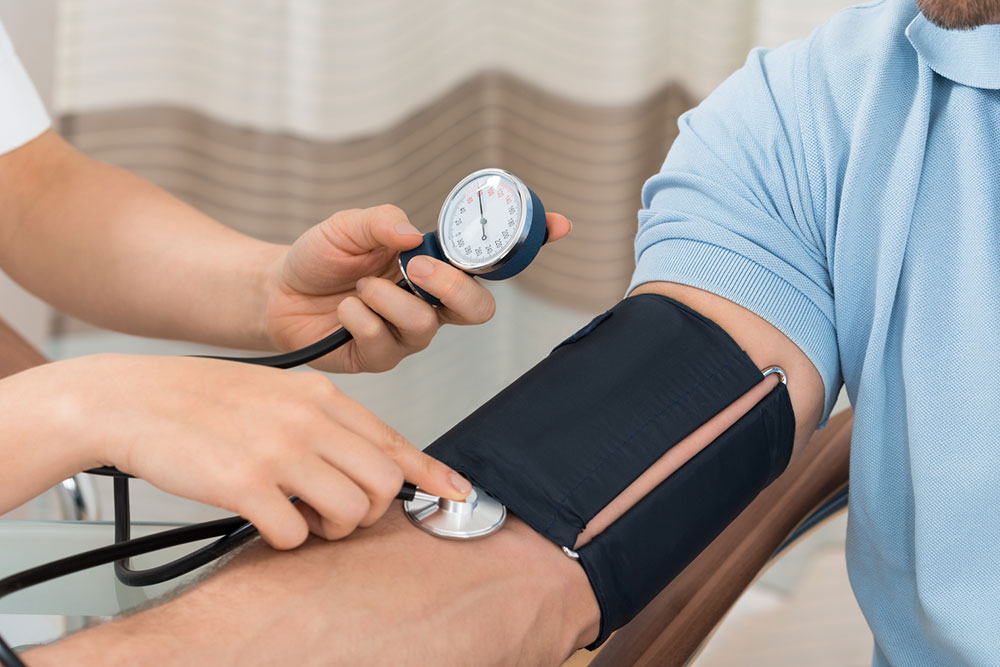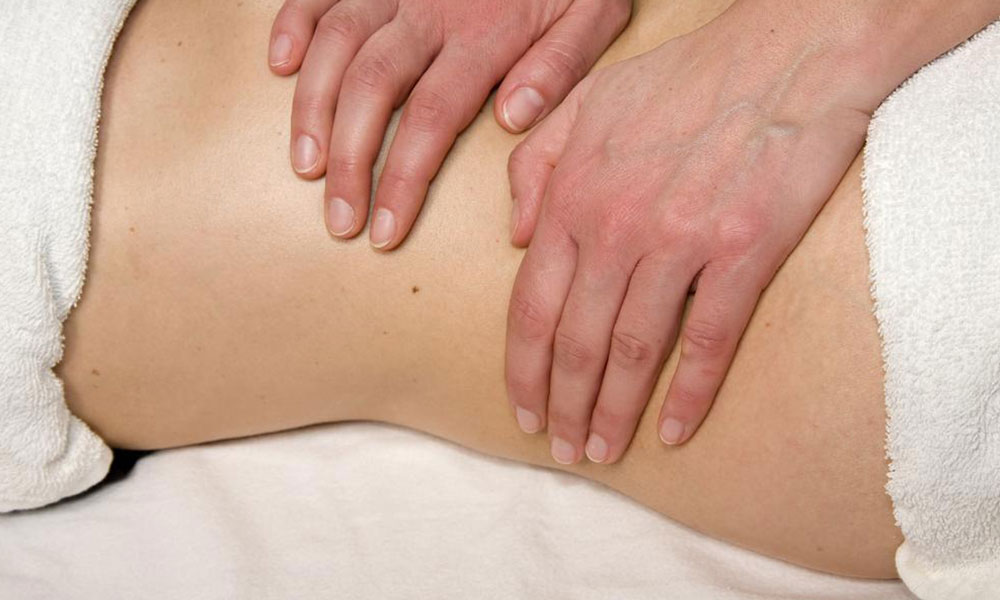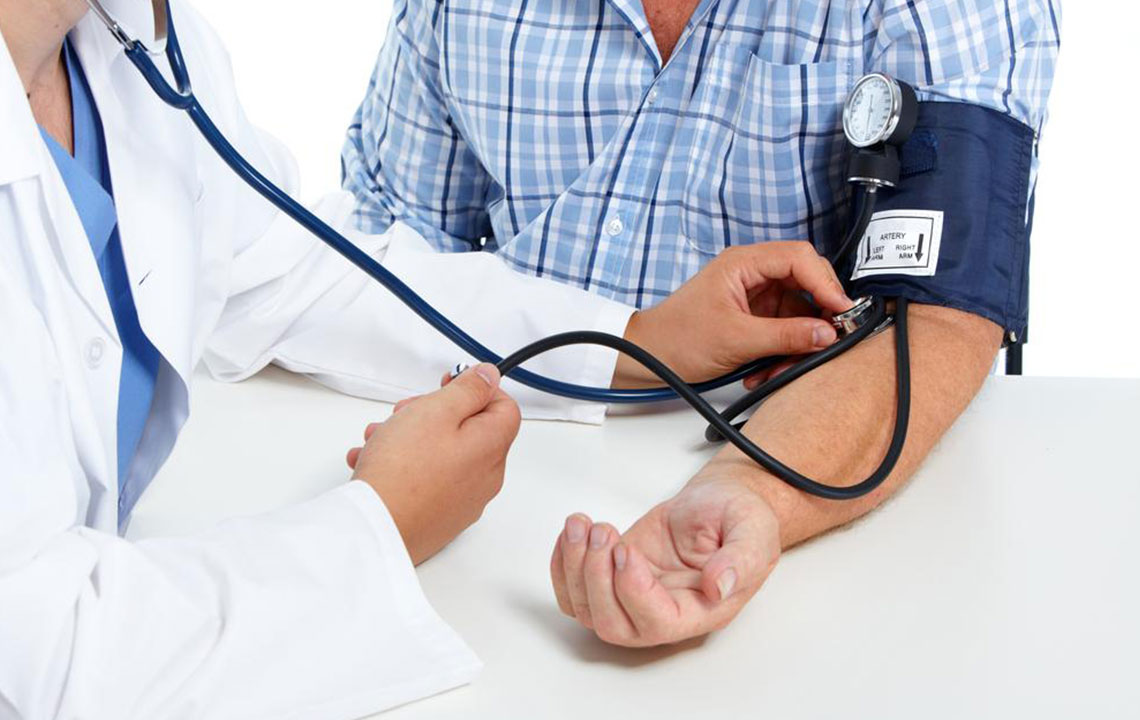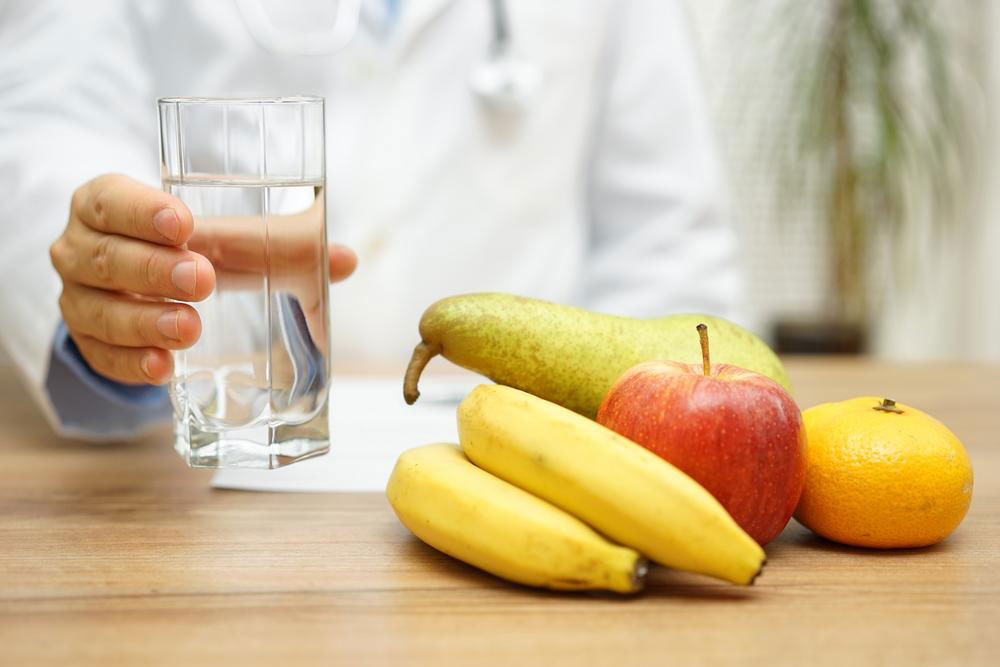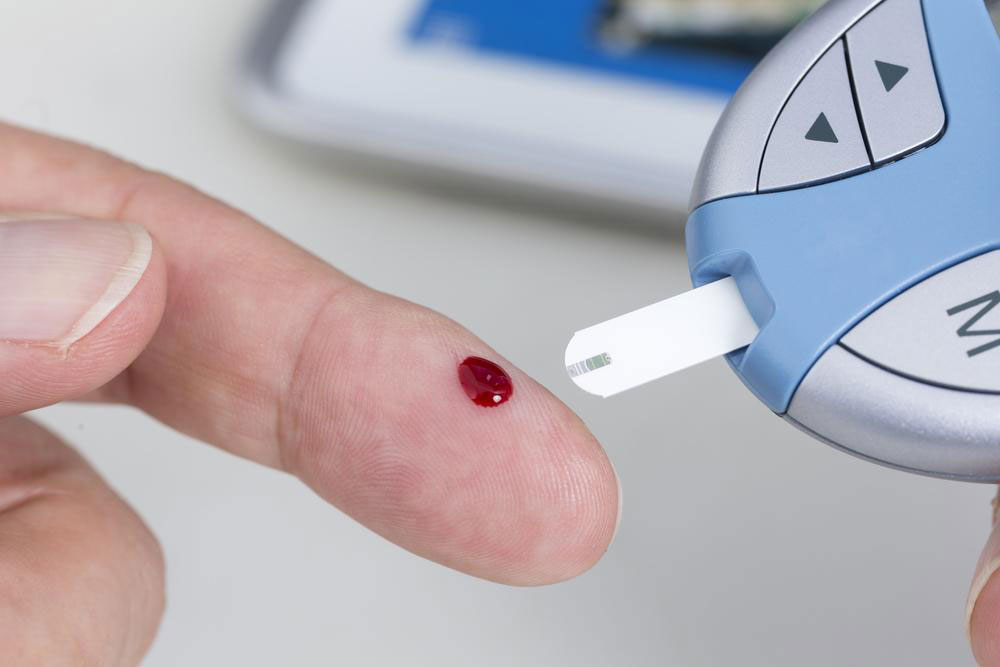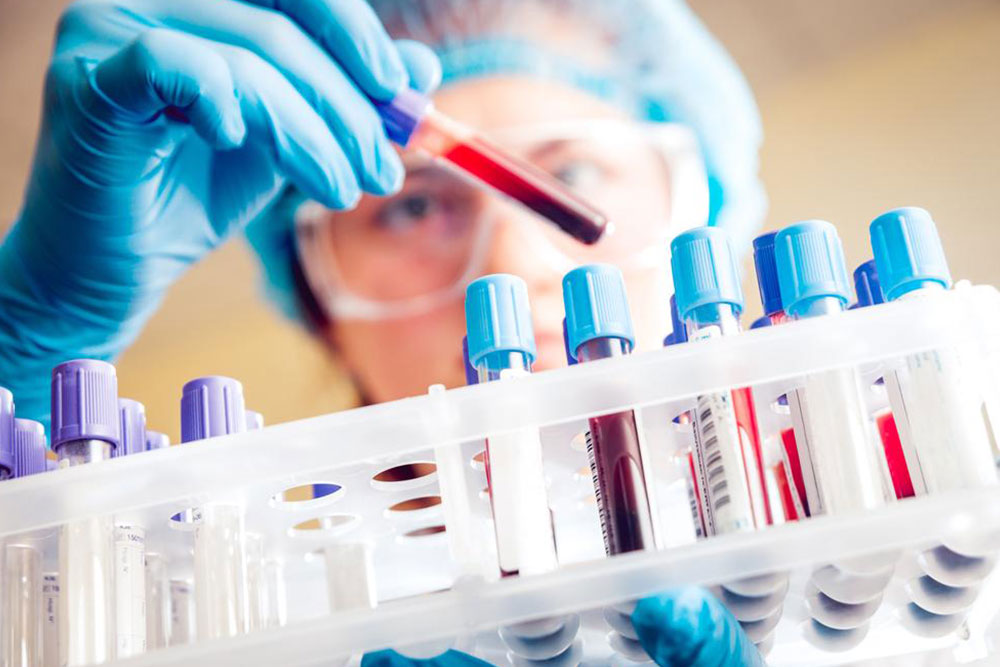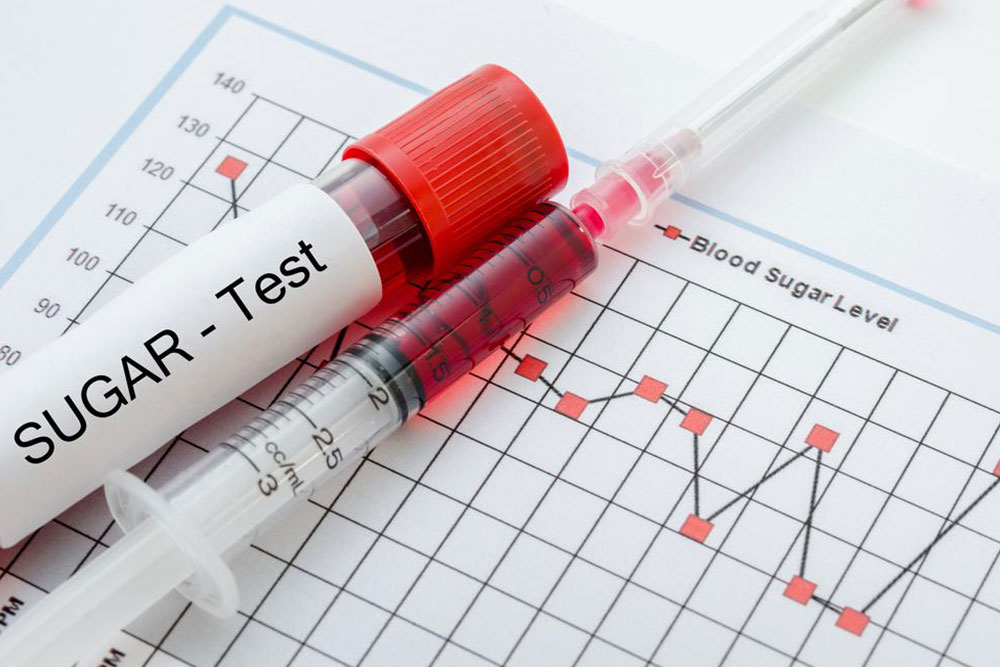Effective Strategies to Lower Blood Pressure Naturally
Discover effective natural methods to lower blood pressure through lifestyle changes, diet, and exercise. This comprehensive guide highlights weight management, physical activity, sodium reduction, smoking cessation, stress control, caffeine moderation, and alcohol limits. Implementing these strategies can significantly improve your heart health and prevent hypertension-related complications. Consult healthcare providers for personalized advice and stay proactive in managing your blood pressure for a healthier life.
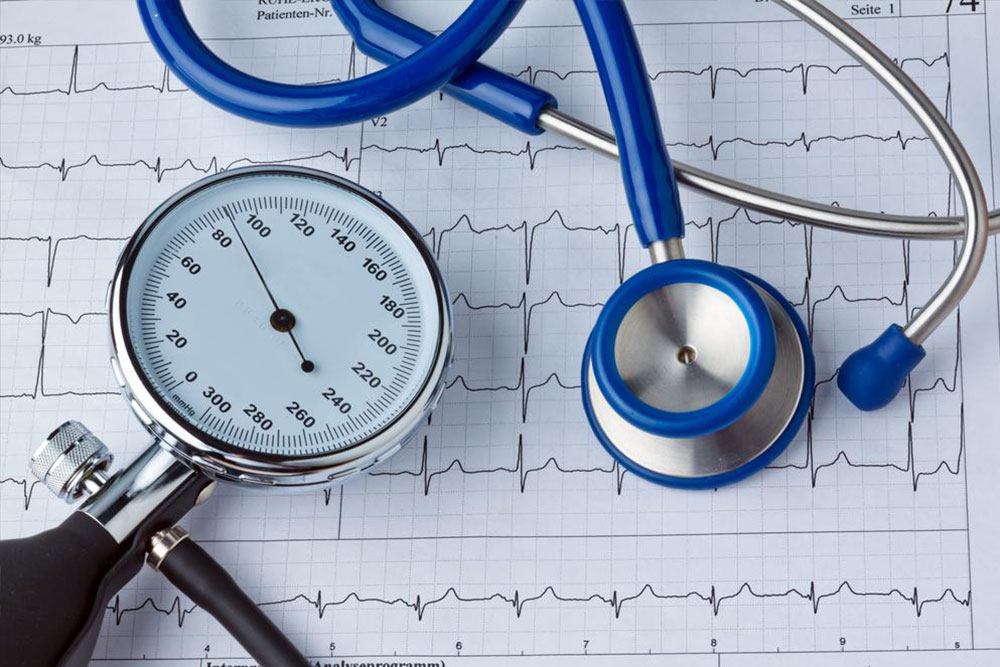
Effective Strategies to Lower Blood Pressure Naturally
Uncontrolled high blood pressure can pose serious health risks. Adopting a healthy lifestyle, eating a balanced diet, and engaging in regular physical activity are key to managing blood pressure effectively.
Maintain a Healthy Weight
You'll find that shedding excess pounds can significantly reduce blood pressure levels. Focus on reducing waist circumference as abdominal fat is linked to higher hypertension risk. Incorporate nutrient-rich foods like leafy greens, soy, and potatoes to assist weight management.
Stay Active
Engaging in 30 to 60 minutes of exercise daily can significantly lower blood pressure by 4 to 9 mm Hg. Consistent activity is vital—interrupted routines can cause a rebound in blood pressure. Optimal exercises include swimming, jogging, cycling, and strength training.
Limit Sodium Intake
Monitoring salt consumption is crucial. The American Heart Association recommends keeping sodium under 1500 mg daily. Excess salt promotes fluid retention, elevating blood pressure. Reduce salt by reading food labels and choosing low-sodium alternatives.
Quit Smoking
Nicotine temporarily raises blood pressure and heart rate. Heavy smoking may lead to sustained hypertension. Quitting smoking reduces this risk and promotes cardiovascular health.
Manage Stress Effectively
Stress triggers hormone release, causing the heart to beat faster and blood vessels to constrict, raising blood pressure temporarily. Balance work and leisure, identify stressors, and find relaxing activities to keep stress in check.
Reduce Caffeine Consumption
Excess caffeine intake can elevate blood pressure variably among individuals. Cutting back on coffee and caffeinated drinks can help lower blood pressure over time. Switching to decaf options may benefit those prone to hypertension.
Limit Alcohol Intake
Drinking alcohol excessively raises blood pressure and contributes to weight gain. Moderate alcohol consumption—no more than three drinks per session—is advisable. Reducing alcohol also enhances the effectiveness of blood pressure treatments.
Note:
The information shared here covers various health topics aimed at providing practical advice. Use it as a general guide—consult healthcare professionals for personalized care. The website isn't responsible for inaccuracies or differences in data across sources. Remember, some offers or schemes might not be reflected here, so explore other options for comprehensive health management.

